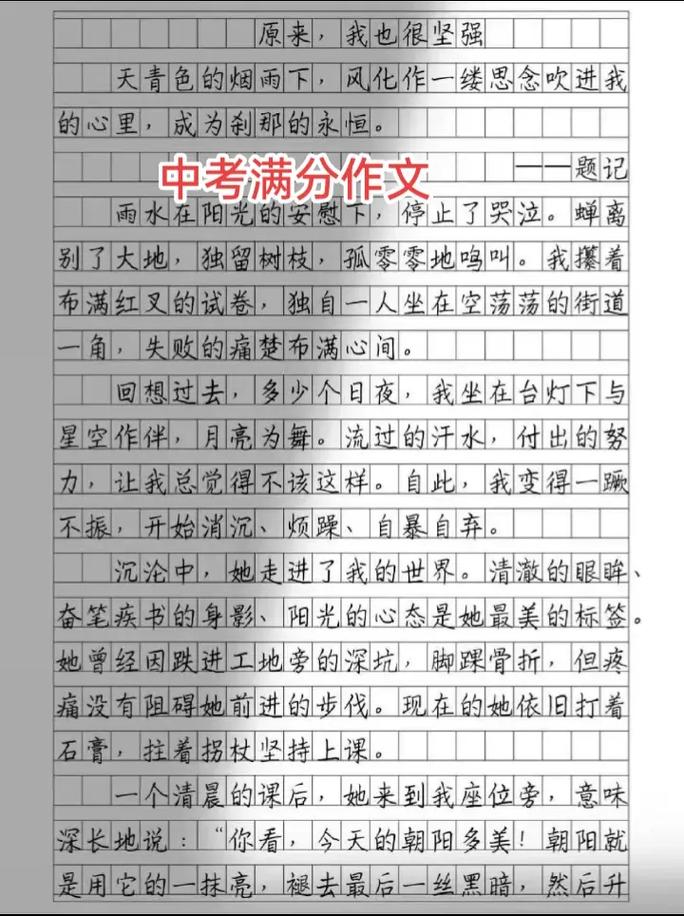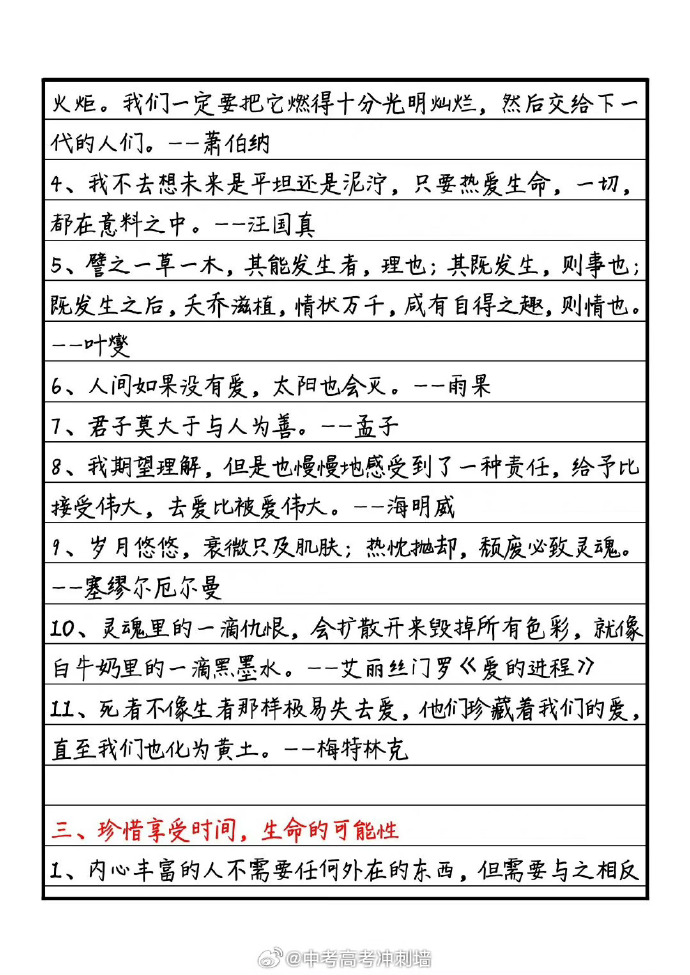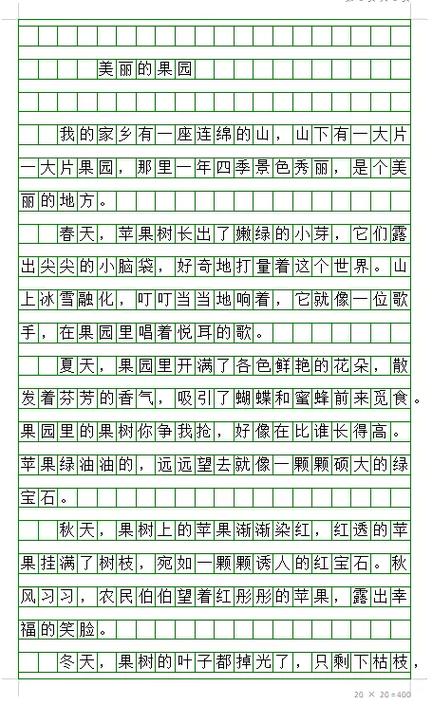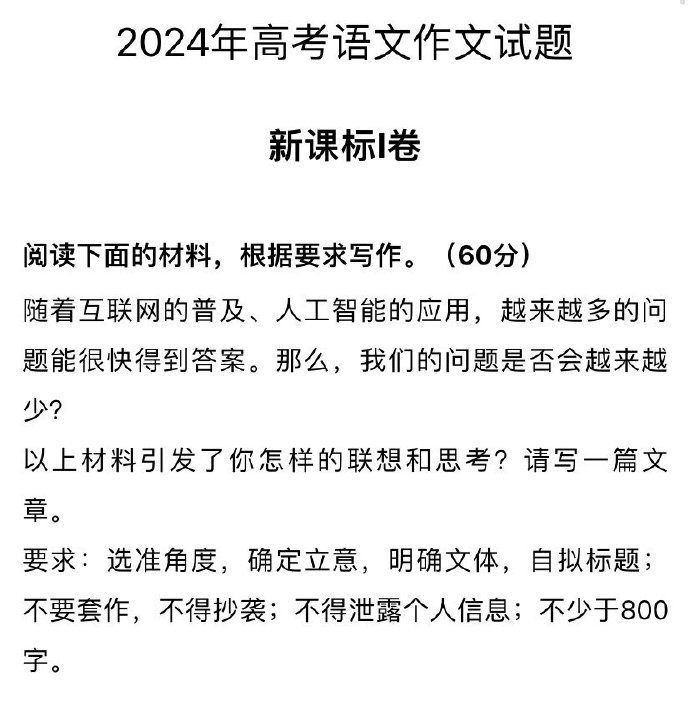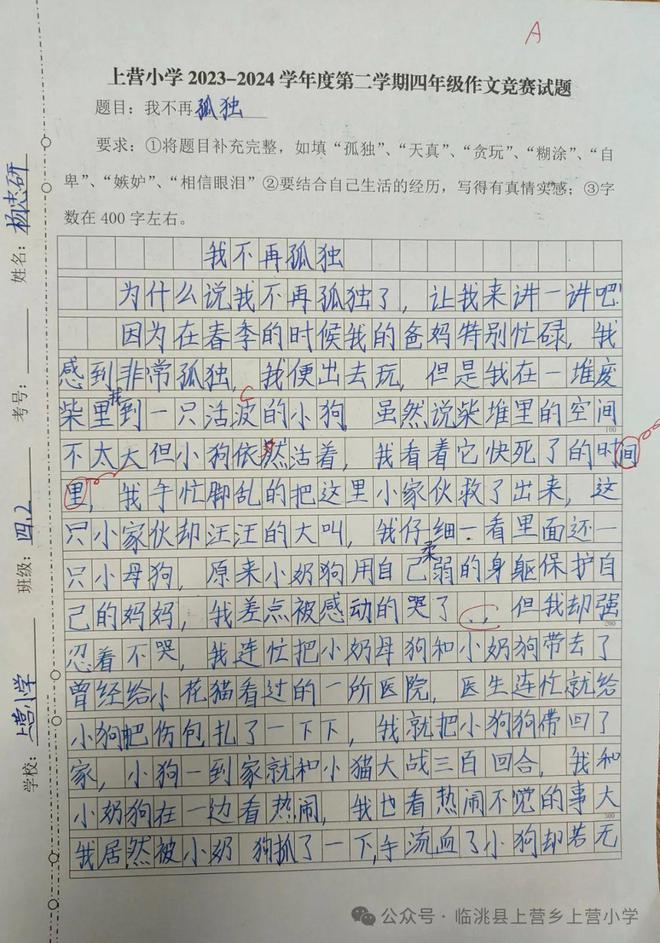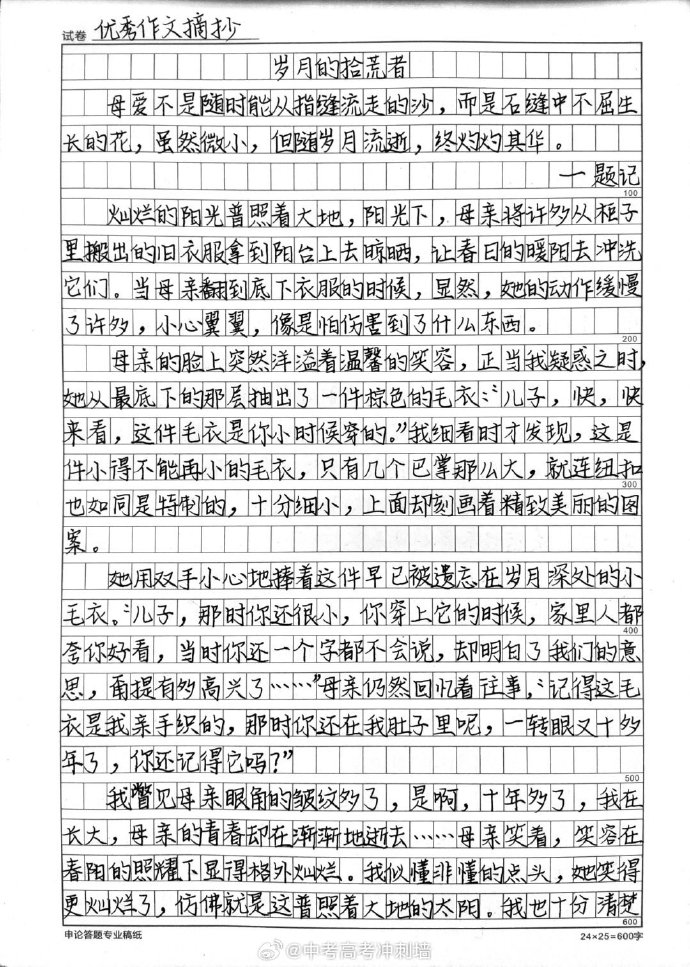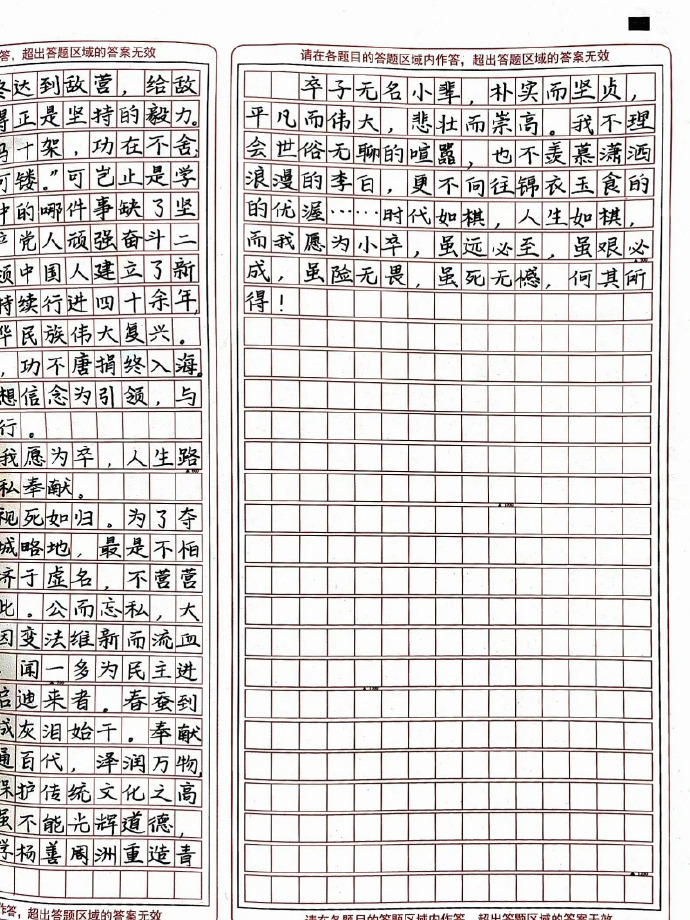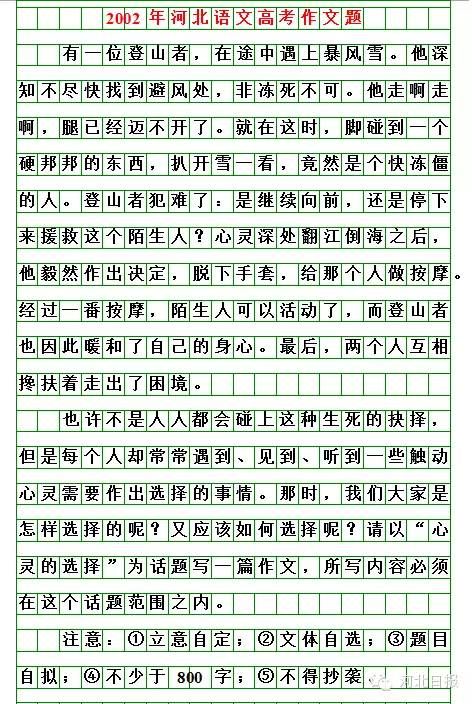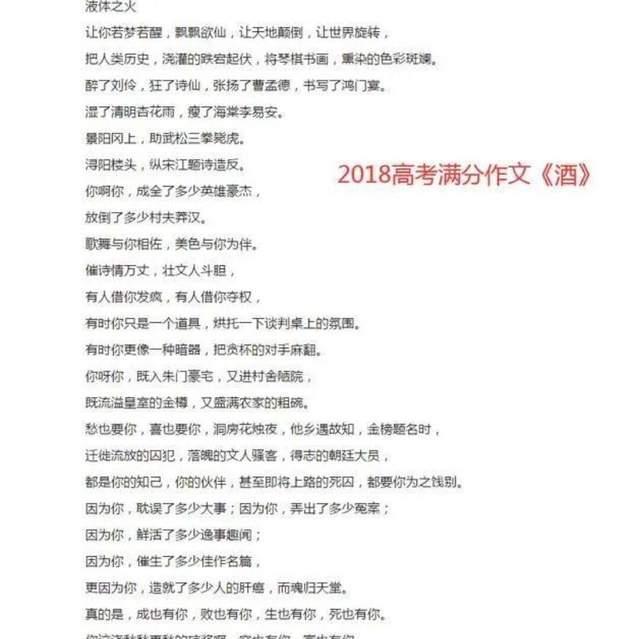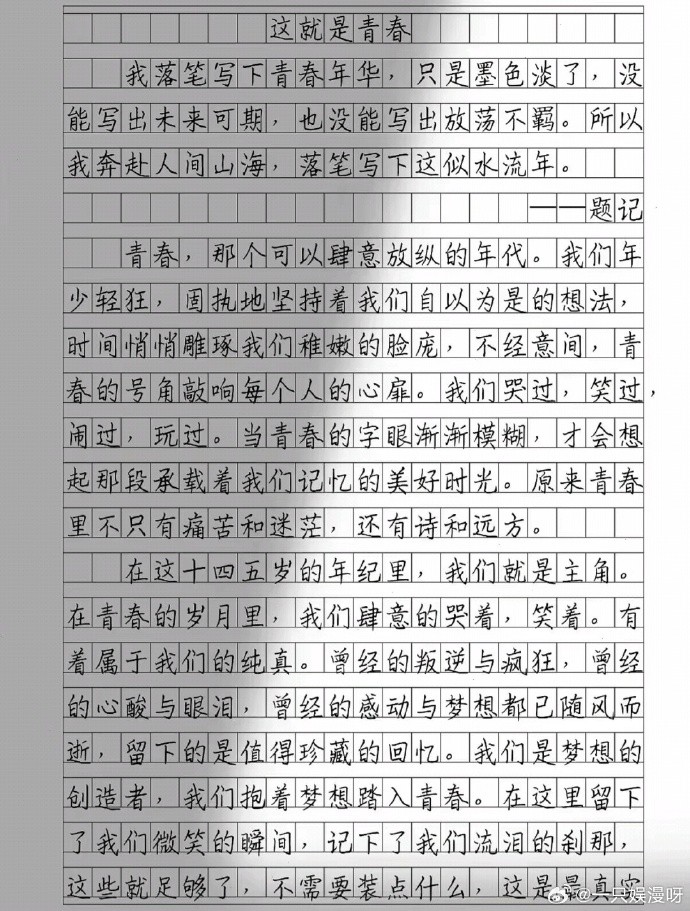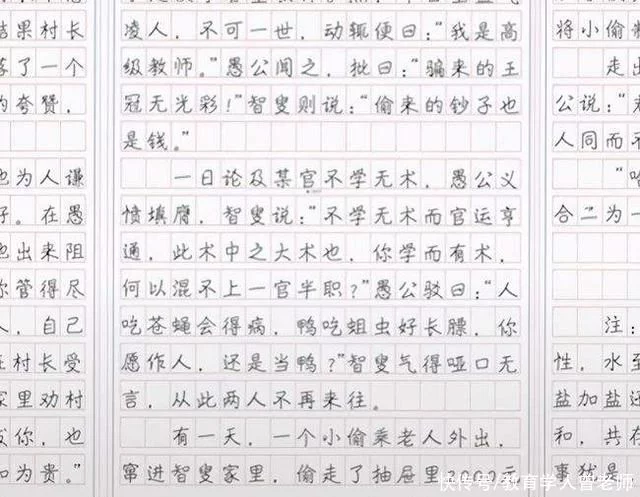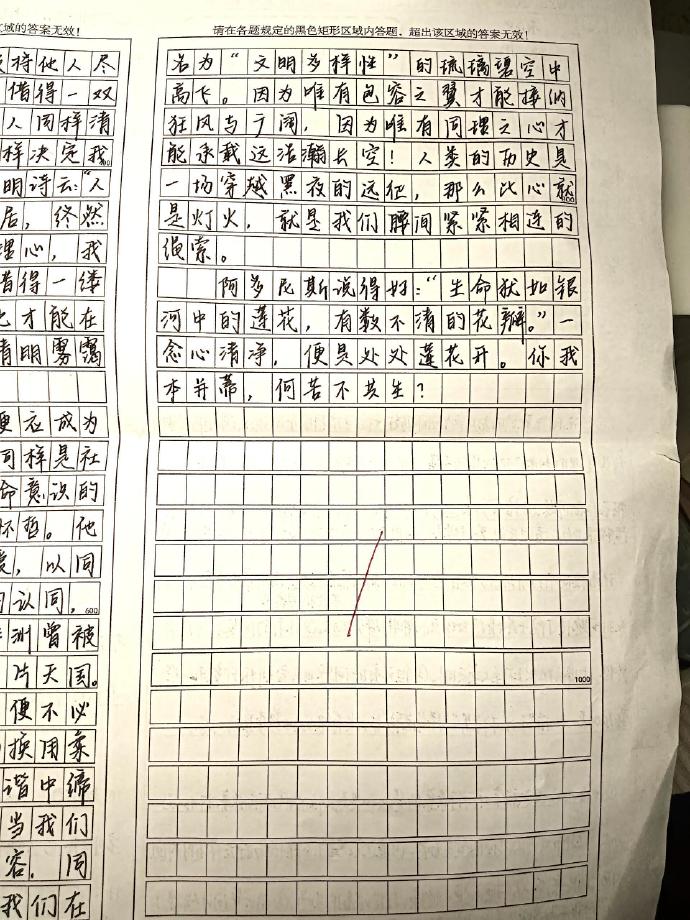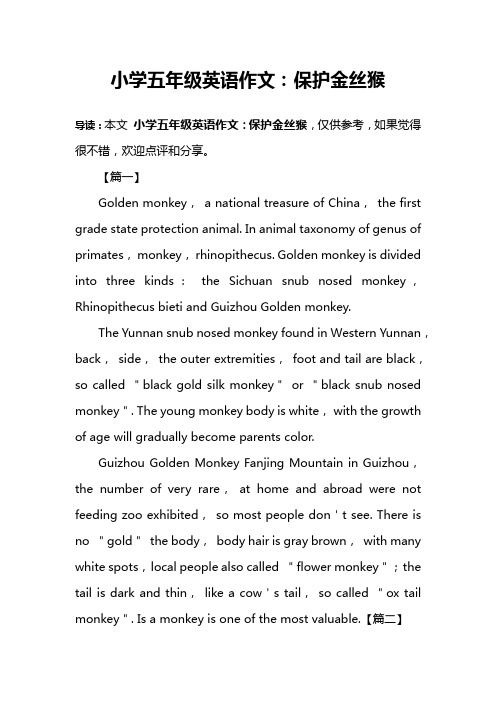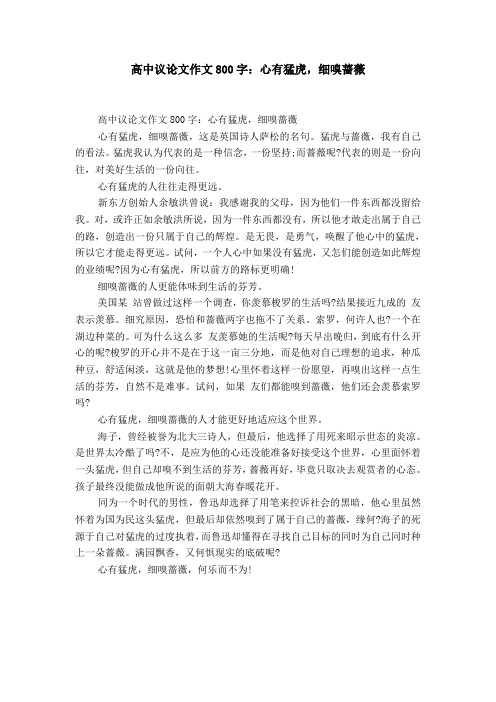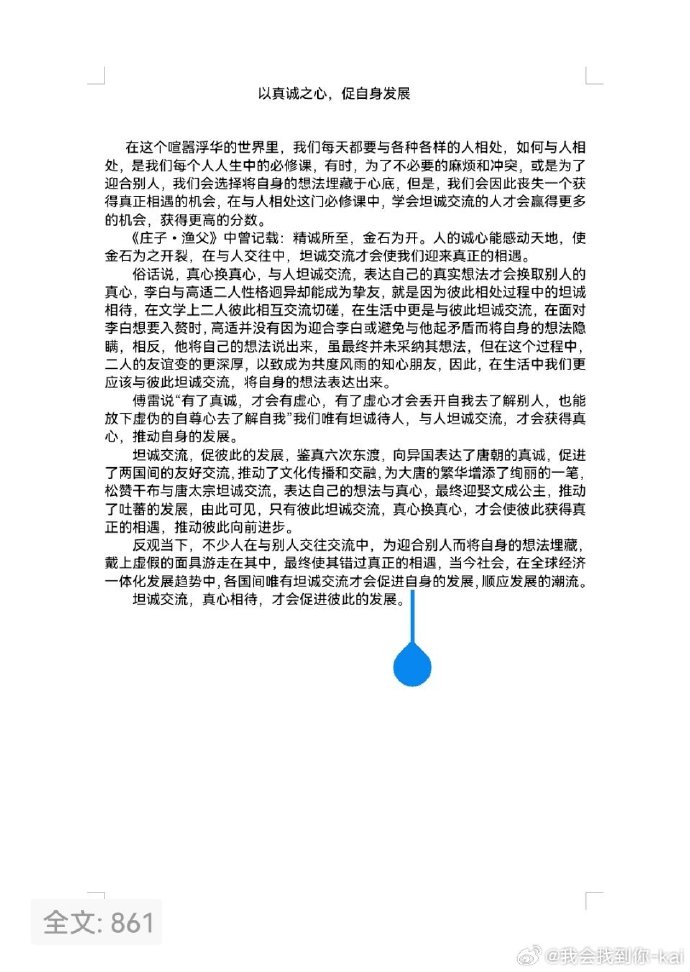In the face of a world grappling with myriad challenges, including climate change and food insecurity, the issue of saving food has never been more pertinent. Saving grain is not just about conserving resources; it's also a matter of moral and social responsibility. It embodies respect for hard work, care for the environment, and a commitment to ensuring that no one goes hungry while others have more than they need. The practice of saving food spans from individual actions at the dinner table to large-scale efforts by governments and organizations. In this essay, we will delve into the significance of food conservation, explore practical ways to save grain, and examine the broader implications of our collective efforts on the global stage.
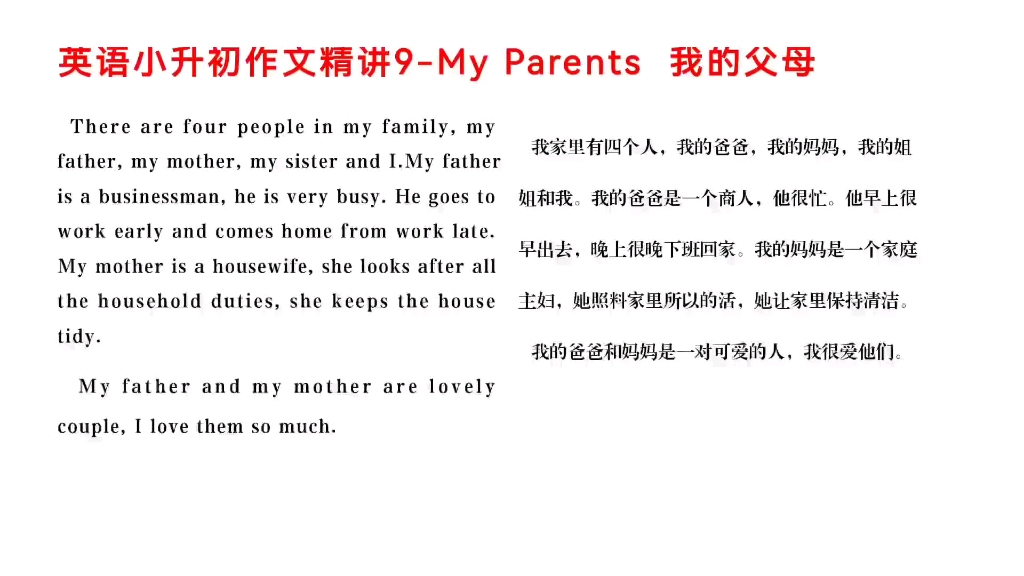
The first and most obvious point to consider is the ethical imperative of conserving food. With over 800 million people worldwide suffering from hunger, wasting food is not just an economic loss but a profound injustice. Every grain saved is a step towards reducing the global hunger burden. For instance, in developing countries where food production may be limited due to poor infrastructure or adverse weather conditions, efficient use of resources is crucial. By saving even a small portion of grain, we can contribute to feeding more mouths, thereby promoting equity and fairness in the distribution of resources.
Moving beyond ethics, there are environmental reasons to prioritize grain conservation. Agriculture is a major contributor to greenhouse gas emissions, deforestation, and water scarcity. Saving food means less demand for farming inputs like seeds, fertilizers, and irrigation water, which in turn reduces environmental degradation. For example, producing 1 kilogram of beef requires approximately 15,000 liters of water and emits around 25 kilograms of CO2 equivalent. By opting for plant-based diets or reducing meat consumption, individuals can significantly lower their carbon footprint and help conserve precious ecosystems. This shift not only benefits the planet but also fosters a more sustainable food system for future generations.
On a practical level, saving grain can take many forms in daily life. Simple habits such as planning meals ahead, using leftovers creatively, and avoiding overeating at restaurants can make a big difference. In households, proper storage techniques can minimize spoilage, ensuring that purchased grains last longer. Moreover, community initiatives like "food banks" or "community fridges" redistribute surplus food to those in need, turning potential waste into nourishment. Schools and workplaces can also play a role by incorporating food waste reduction programs, educating participants on the importance of mindful consumption and composting organic waste. These collective actions, though seemingly small, accumulate to create a significant impact when adopted widely.
At a larger scale, governments and international organizations have a crucial role in promoting and enacting policies that encourage food conservation. Legislation banning unnecessary food waste in retail and hospitality sectors, tax incentives for businesses that donate surplus food, and funding for research on improving agricultural efficiency are all part of a comprehensive strategy. Additionally, raising public awareness through campaigns and education can inspire individuals to adopt more sustainable dietary practices and reduce their overall food waste. For example, the United Nations' Sustainable Development Goal 12.3 aims to halve per capita global food waste at retail and consumer levels by 2030, highlighting the urgency and global recognition of this issue.
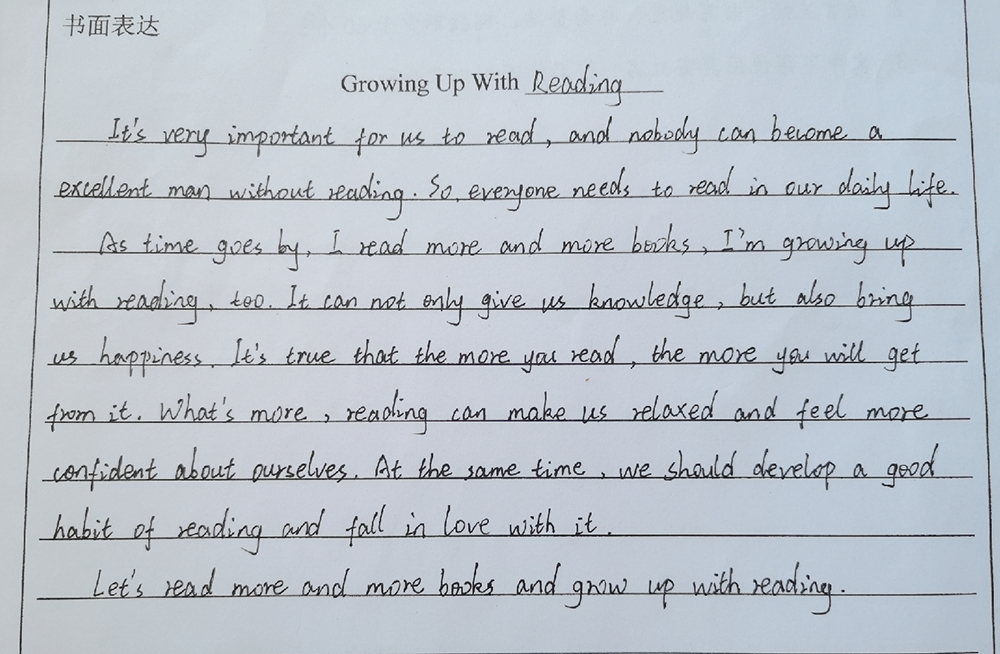
In conclusion, saving grain is a multifaceted endeavor that encompasses ethical considerations, environmental stewardship, practical lifestyle changes, and policy interventions. It requires a collective effort from individuals, communities, businesses, and governments alike. By recognizing the value of every grain and taking conscious steps to conserve it, we contribute to a more equitable, sustainable, and resilient world. The journey towards zero hunger and a healthier planet starts with each of us making mindful choices at the dining table and advocating for broader systemic changes. As Mahatma Gandhi wisely said, "You must be the change you want to see in the world." In the context of conserving grain, this means being the solution to food waste that we wish to witness globally. Let us embrace this challenge with determination and compassion, knowing that every action counts in building a better tomorrow.
推荐阅读》未经允许不得转载:» 关于节约粮食的英语作文(节约粮食英文写作)

 佰一阅读网
佰一阅读网

